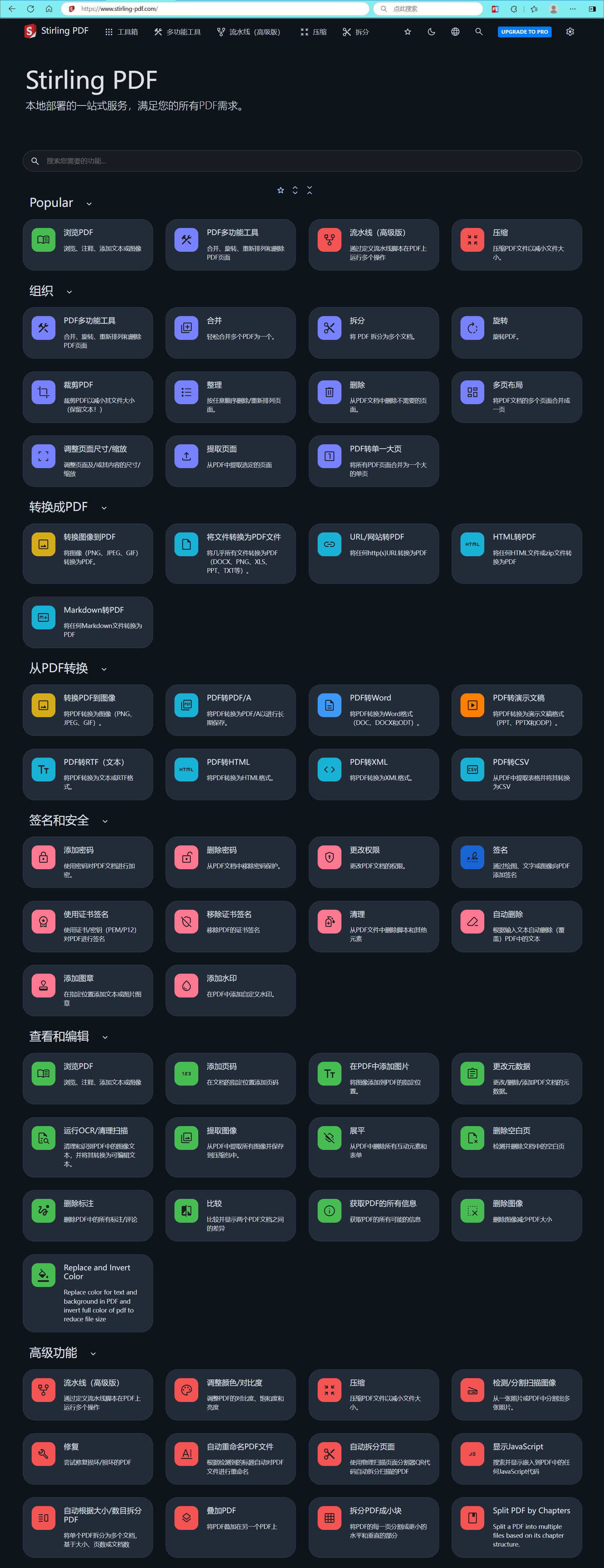|
Module 5 A Trip Along the Three
Gorges
Periods
4-5
Teaching contents: Grammar:
Revision of modal verbs and Function.
Main
and difficult teaching points:
To summarize and grasp the basic usages of modal verbs.
Teaching procedures:
Step 1
Revision
Revise some of the new words and phrases learned in the previous
period.
Step 2
Grammar Preview
Task1
(Ss) Read through the grammar explanations about the modal verbs
from P108 to P110 in TB and from P58 to P60 in RB (before class if
possible) and underline the main points.
Step 3
Grammar: Revision of the modal verbs
1. Go through the following
items with the help of PPT.
I.
情态动词的语法特征。
II.
常用几组情态动词的用法
1) can, could和be able to
2)
may和might
3) must和have to
4)
should和ought to
5) would和used to
6)
need和dare
III.
情态动词表示推测的用法
1) modal verbs + be/v. 表示对现在或将来的推测
2) modal verbs + be + v-ing 表示对现在或将来正在进行事物的推测
3) modal verbs + have done 表示对过去的推测
Step 4
Grammar exercises
1. Task 1 (Ss) Complete the grammar exercises on PPT.
2. Task 2 (Ss) Complete the grammar exercises on P44 in
TB.
3. Task 3 (Ss) Complete the
grammar exercises on P60 in RB.
Step 5
Function
1. Task 1 (Ss) Choose the correct meaning and analyze the usage of
the modal verb in each sentence.
2. Learn the usages of the following new words and
phrases.
1) cruise n. 巡航,游览
cabin
n. 船舱,机舱
2)
forbid vt.
禁止;不许;阻止;妨碍
forbidden adj.被禁止的,禁止的 the
Forbidden City 紫禁城
forbid sb sth 禁止某人某事
forbid
sb to do sth 禁止某人做某事
forbid doing sth 禁止做某事
forbid
sb from doing sth 禁止某人做某事
e.g. The
doctor forbade him alcohol.
Their father forbade them to go.
他们的父亲禁止他们去。
In some areas, women are forbidden from going out without a
veil.
在一些地区,妇女外出必须戴面纱。
The new law forbids smoking
in offices. 新法律禁止在办公室吸烟。
Parking Forbidden !禁止停车
To RB P57.
3) allow的用法 allow sb to do sth
allow
doing sth
4) require 的用法 require sb to do sth
require/want/need
doing sth
Homework:
1. Read more about the two grammar items and complete all the
grammar exercises in TB & RB.
2. Arrange notes.
Reference:
情态动词的基本用法
1. can
(could)
1) 表示能力,could主要指过去时间。例如:
① Two
eyes can see more than one. 两只眼比一只眼看得清。
② Could
the girl read before she went to school?
这女孩上学前能识字吗?
2) 表示可能(理论上或是逻辑判断上)。例如:
① He
can’t (couldn’t) have enough money for a new car.
他不可能有足够的钱买新车。
② You
mustn’t smoke while you’re walking around in the wood. You could
start a fire. 在林子里走时勿吸烟,那样可能会引起火灾。
3) 表示允许。例如:
① Can
I have a look at your new pen? 我可以看一看你的新钢笔吗?
② He
asked whether he could take the book out of the reading—room.
他问他可不可以把书带出阅览室。
4) 表惊异、怀疑、不相信等态度。主要用于否定句、疑问句或感叹句中。例如:
① Where
can (could) they have gone to? 他们会去哪儿了呢?
② How
can you be so careless? 你怎么这么粗心?
5) 比较委婉客气地提出问题或陈述看法。例如:
① Can
(Could) you lend me a hand? 帮我一把好吗?.
② I’m
afraid we couldn’t give you an answer today.
恐怕我们今天不能给你答复。
2.may
(might)
1) 表允许,might可以指过去时间,也可指现在时间,语气更委婉。例如:
① You
may take whatever you like.你喜欢什么就拿什么。
② May
(Might) I ask for a photo of your baby? 我可以要一张你宝宝的照片吗?
在回答以may引起的问句时,多避免用这个词,而用其它方式,如Yes, please. / Certainly. / Please don’t. / You’d
better not. / No, you mustn’t.等,以免显得太严峻或不客气。
2) 表可能(事实上)。可以指过去时间,也可以指现在时间,但语气更加不肯定。例如:
① He
may be at home. 他可能在家。
② She
may not know about it. 她可能不知道这件事。
must
1) 表示义务。意为“必须”(主观意志)。例如:
① We
must do everything step by step. 我们一切都必须循序渐进地做。
② --Must
we hand in our exercise books now?我们现在就要交练习本吗?
--No, you needn’t. / No, you don’t have to.
不必。
4) 表示揣测。意为“想必、准是、一定”等,只用于肯定句。例如:
① He
must be ill. He looks so pale. 他准是病了。他的脸色苍白。
② She’s
wearing a diamond necklace. She must have a lot of money.
她戴着钻石项链,一定很有钱。:
3.shall
1) 表征询意见,用于第一、第三人称疑问句。例如:
① Shall
I get you some tea? 我给你点茶好吗?
② Shall
the boy wait outside? 让那男孩在外面等吗?
2) 表说话人的意愿,有“命令、允诺、警告、决心”等意思,用于第二、第三人称陈述句。例如:
① You
shall do as I say. 按我说的做。(命令)
② You
shall have my answer tomorrow. 你明天可以得到我的答复。(允诺)
③ He
shall be sorry for it one day, I tell you. 有一天他会后悔的,我告诉你。(警告)
④ Nothing
shall stop us from carrying out the plan. 什么也不能阻止我们执行这项计划。(决心)
4.will
1) 表意愿,用于各种人称陈述句。例如:
① I
will do anything for you. 我愿为你做任何事。
② None
is so blind as those who won’t see. 不愿看的人眼最瞎。
③ If
you will read the book, I’ll lend it to you.
如果你愿意读这本书,我会把它借给你。
2) 表请求,用于疑问句。例如:
① Will
you close the window? 请你把窗户关上好吗?
② Won’t
you drink some more coffee? 再来一点咖啡好吗?
3) 表示某种倾向或习惯性动作。例如:
① Fish
will die out of water. 鱼离开水就不能活。
② The
door won’t open. 这门打不开。
5.
should
1) 表义务。意为“应该”(某件事宜于做),用于各种人称。例如:
① You
should be polite to your teachers. 你对老师应该有礼貌。
② You
shouldn’t waste any time. 你不应该浪费时间。
2) 表推测,意为“想必一定、照说应该、估计”等。例如:
① The
film should be very good as it is starring first-class actors.
这部新电影是一流演员主演的,估计拍得很好。
② They
should be home by now. 照说他们现在应当已经到家了。
3)(表示不确定)万一。例如:
① If
I should see him, I'll tell him. 万一我见到他,我就告诉他。
② If
it should rain tomorrow, the sports meeting would be postponed.
万一明天下雨,比赛就延期举行。"
6.
would
1) 表意愿。例如::
① They
would not let him in because he was poorly dressed. 他们不让他进去因为他衣着破旧。
② I
said I would do anything for you. 我说过我愿意为你做任何事。
2) 表委婉地提出请求、建议或看法。例如:
① Would
you mind cleaning the window? 请把窗户擦一下好吗?
② They
wouldn’t have anything against it. 他们不会有什么反对意见。
3) 表过去反复发生的动作或过去的一种倾向。例如::
Every time she was in trouble, she would go to him for help.
她每遇到麻烦都会向她求助。他告诉我盒子打不开了。
7.
ought to
1) 表义务,意为“应该”(因责任、义务等该做),口气比should稍重。例如:
① You
are his father. You ought to take care of him.你是他父亲,应当管他。
② You
oughtn’t to smoke so much. 你不应该抽这么多烟。
2) 表推测,暗含很大的可能,语气较弱。例如:
① Han
Mei ought to know his telephone number. 韩梅该知道他的电话号码。
② There’s
a fine sunset; it ought to be a fine day tomorrow.
今天有晚霞,明天应该是个好天。
8.
used to
表示过去的习惯动作或状态,现在不复发生或存在。疑问式和否定式有两种。例如:i
① There
used to be a building at the street corner, but it has been pulled
down. 街道拐角处过去有座楼房,现在拆了。
② I
usedn’t (didn’t use) to smoke. 我过去不抽烟。j
}F
③ Used
you (Did you use) to go to school on foot? 你过去常步行去学校吗?
9.特殊情态动词need和dare的用法:
need和dare既可用作情态动词,也可用作实义动词。用作情态动词时,主要用于否定句和疑问句。用作实义动词时,可用于各种句式。
1) 用作情态动词。例如:|
① You
needn’t telephone him now. 你现在不必打电话给他。
② I
don’t think you need worry. 我想你不必发愁。
③ She
dare not go out alone at night. 她晚上不敢一个人出去。
④ How
dare you say I’m unfair? 你竟敢说我不公平?_
2) 用作实义动词。例如:
① You
don’t need to do it yourself. 你不必亲自做这件事。
② We
need to tell them the news. 我们需要把这消息告诉他们。
③ The
table needs painting (to be painted.).
桌子需要油漆一下。
④ We
should dare to give our own opinion. 我们要敢于提出自己的观点。
⑤ He
did not dare (to) look up. 他不敢抬头看。
⑥ I
dare say he’ll come again. 我想他会再来的。(I dare
say…为固定习语)
Tags:外研版,Book4Module5ATripAlongtheThreeGorgesPeriods4-5,教案
| 




